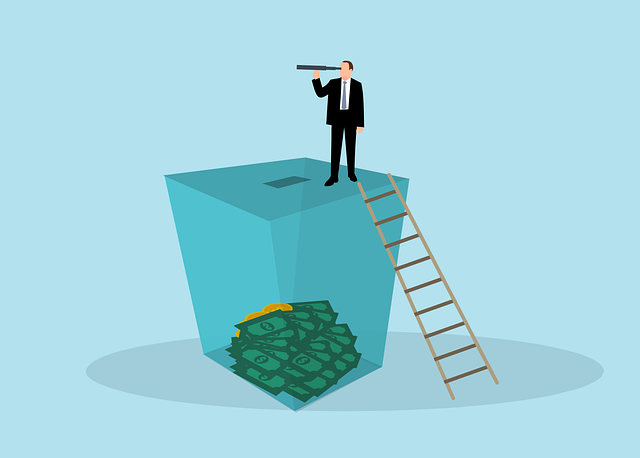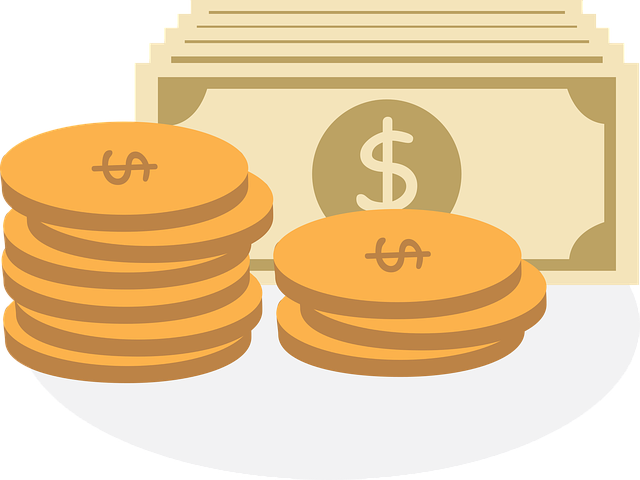When deciding between leasing and buying a property, understanding maintenance costs is crucial. Tenants typically cover minor repairs, while homeowners are responsible for all upkeep, including major structural issues. Homeownership saves on rent but involves higher initial costs and long-term expenses like repairs and taxes. Leasing offers lower upfront costs but ties you into monthly payments with potential rent increases. Balancing these financial implications with personal preferences and property conditions guides the best decision, whether leasing or buying.
When considering leasing vs. buying a property, understanding maintenance responsibilities is crucial for making an informed decision. This comprehensive guide breaks down maintenance costs, highlighting key differences between leasing and ownership. We explore who’s responsible for what in each scenario, compare long-term financial implications, and offer strategic considerations to help you navigate this important choice. By the end, you’ll be equipped with insights into managing unexpected expenses and ensuring a stable housing future.
- Understanding Maintenance Costs: A Comprehensive Breakdown
- Leasing: Who's Responsible for What?
- Buying a Property: Unpacking Maintenance and Repair Expenses
- Financial Implications: Comparing Long-Term Costs
- Tenant vs Owner: The Burden of Regular Maintenance
- Strategic Considerations: When to Lease, When to Buy
Understanding Maintenance Costs: A Comprehensive Breakdown

Understanding Maintenance Costs: A Comprehensive Breakdown
When considering leasing versus buying a property, one crucial factor to weigh is the financial implications related to maintenance responsibilities. In a lease agreement, the landlord typically bears the burden of major maintenance and repairs, relieving tenants of unexpected expenses. This can be particularly advantageous for tenants who anticipate frequent or costly maintenance issues. On the contrary, homeowners who buy a property are responsible for all upkeep costs, from minor fixes like leaky faucets to significant investments in roof replacements or structural repairs.
While leasing offers financial predictability by caping tenant expenses, it’s essential to understand that these savings might be offset by higher rent payments over time. Conversely, buying a home allows for potential long-term cost savings, as mortgage payments can be lower than rental rates, especially when factoring in the absence of recurring maintenance fees. However, homeowners must factor in the financial commitment of property taxes, insurance, and unexpected repairs, which can vary widely depending on the age and condition of the property.
Leasing: Who's Responsible for What?
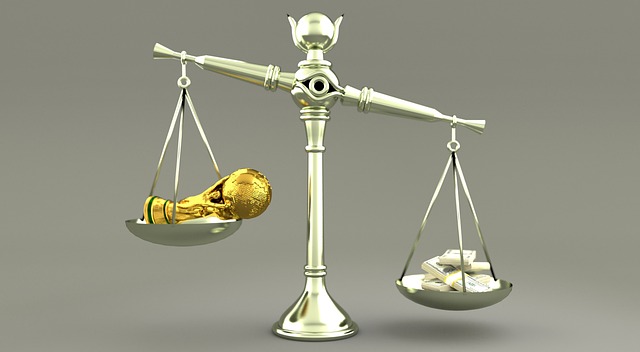
When leasing, understanding the maintenance responsibilities is crucial for tenants and landlords alike. The financial implications of maintenance can vary greatly depending on the terms agreed upon in the lease contract. Typically, routine maintenance and minor repairs are the tenant’s responsibility, while significant structural issues or system failures (like HVAC or plumbing) fall on the landlord. This means tenants should expect to handle everyday wear and tear, such as replacing air filters, fixing leaky faucets, or addressing small electrical problems.
Landlords, however, are usually in charge of major repairs and maintenance that affects the building’s structural integrity or common areas. This includes roof repairs, exterior painting, and comprehensive system overhauls. Being aware of these responsibilities can help tenants budget accordingly and avoid unexpected financial burdens. Lease agreements often detail specific maintenance obligations, so it’s essential to read and understand the contract before signing.
Buying a Property: Unpacking Maintenance and Repair Expenses

When considering buying a property, one of the key aspects to evaluate is the financial implications related to maintenance and repairs. Unlike leasing, where these responsibilities are often the landlord’s burden, homeowners are responsible for a wide range of upkeep tasks. This includes regular wear-and-tear issues such as painting, replacing fixtures, maintaining the roof, and fixing plumbing or electrical problems. While some of these tasks can be managed by the homeowner themselves to save costs, hiring professionals is often necessary for specialized jobs, which can significantly impact the budget.
The financial implications extend beyond immediate repair costs. Homeowners must also factor in long-term expenses like structural repairs, system upgrades (e.g., HVAC, plumbing), and even unforeseen events like natural disasters or emergency repairs. These unexpected maintenance costs can add up over time, so it’s crucial to have a contingency fund in place. Understanding the financial responsibilities tied to property ownership is essential for making an informed decision between leasing and buying.
Financial Implications: Comparing Long-Term Costs
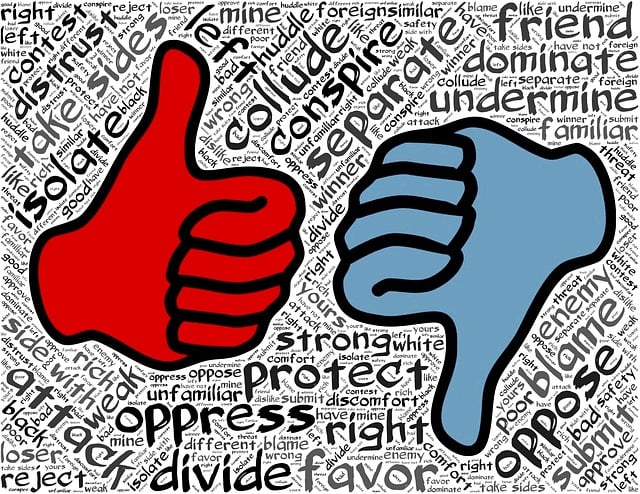
When considering leasing vs buying, understanding the financial implications is key. While upfront costs for buying may be higher due to a down payment and closing costs, long-term savings can result from avoiding monthly lease payments and potential increases in rent over time. Over the course of several years, homeowners can build equity through mortgage payments, which can later be used for down payments on future properties or other investments.
In contrast, leasing offers more flexibility with lower initial expenses but locks you into recurring monthly costs indefinitely. Unless market conditions shift dramatically in your favor, lease terms often include escalations in rent, limiting long-term financial predictability compared to mortgage payments that stabilize over time. Careful analysis of both scenarios reveals that the financial implications extend far beyond initial transactions, playing a significant role in determining which option aligns best with your overall monetary goals and future plans.
Tenant vs Owner: The Burden of Regular Maintenance
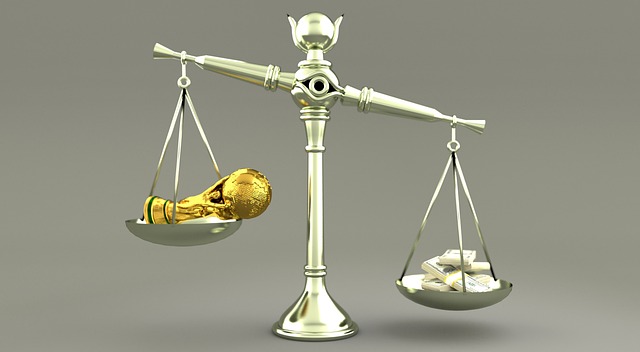
When it comes to regular maintenance, the burden often falls differently on tenants and owners. Tenants are typically responsible for maintaining the property they rent, which includes addressing minor issues like leaky faucets or broken light fixtures. This responsibility can have significant financial implications for tenants, as unexpected repairs can add up quickly. On the other hand, homeowners own their properties and, therefore, bear the full brunt of maintenance costs, both major and minor. While this may provide some stability in terms of long-term financial planning, it also means shouldering the expense of all upkeep without any upfront rental investment.
The distinction in maintenance responsibilities leads to differing financial strategies for tenants and owners. Tenants often budget for regular maintenance by setting aside a portion of their income, whereas homeowners incorporate maintenance costs into their overall property expenses and home improvement plans. This difference highlights the financial considerations that go into both leasing and buying, with each carrying its own set of benefits and drawbacks in terms of immediate and long-term financial implications.
Strategic Considerations: When to Lease, When to Buy
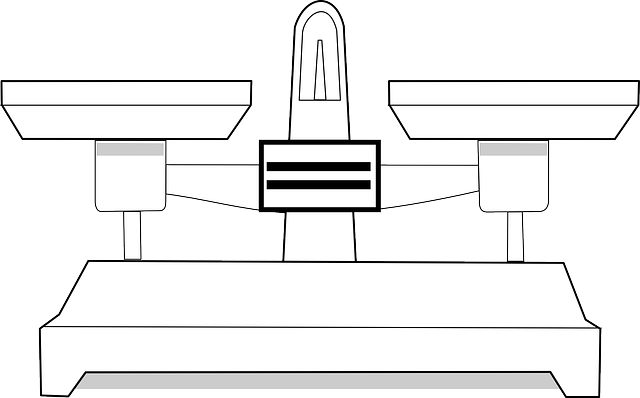
When deciding between leasing and buying a property, strategic considerations regarding financial implications play a pivotal role. Leasing can be advantageous for those who value flexibility and don’t want to commit to long-term financial obligations. It’s ideal for temporary stays, startups, or individuals anticipating life changes. Renting allows for easier adjustments to living situations without the burden of selling or breaking leases.
On the other hand, buying a property is a significant investment with substantial financial implications. It requires a larger upfront payment and closing costs but offers long-term stability and potential appreciation benefits. Owning becomes more appealing when you plan to stay in one place for an extended period, as it eliminates monthly rent payments and provides a sense of security. The decision between leasing and buying should align with your financial goals, future plans, and willingness to assume the responsibilities that come with property ownership.

